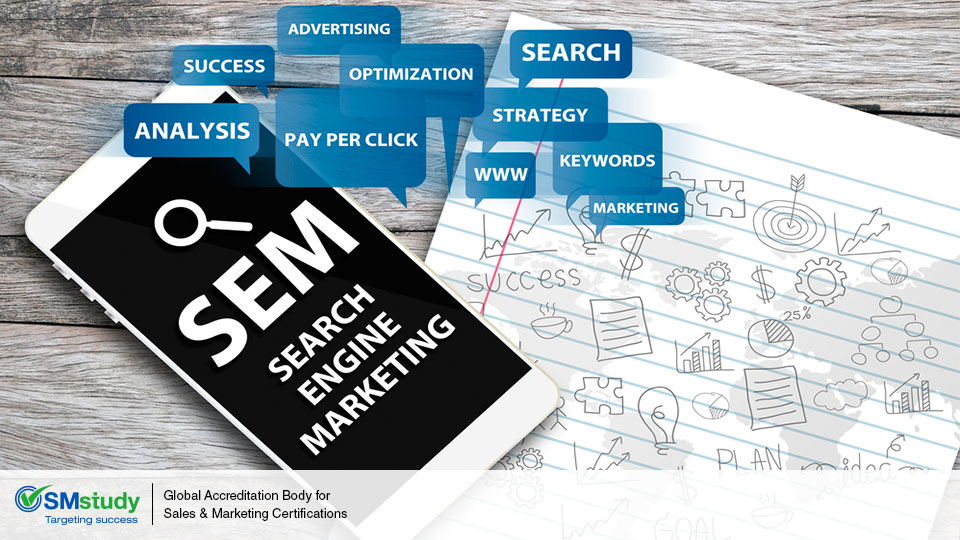Search engine marketing (SEM) is a form of online marketing that involves the use of search engine result pages to promote business websites. Search engine marketing increases the visibility of websites through search engine optimization (SEO) or through paid advertising with the intent of increasing traffic to the website.
SEM is a broader term than SEO. SEM refers to all marketing activities that use search engine technology for marketing purposes. These include SEO, paid listings and ads, and other search engine related services and functions that will increase reach and exposure of the website, resulting in greater traffic.
Search engine traffic consists of consumers who are interested in and searching for a particular term that is associated with the website. To leverage this tool and draw traffic to a company’s website, marketers must understand how to effectively use both paid and organic SEM and determine the potential exposure they can gain through both approaches.
Advantages of Search Engine Marketing
Search engine marketing is advantageous in the following ways:
- Unlike other major sources of online marketing, SEM helps businesses connect with consumers at a time when the consumer is interested in purchasing the product or service. Email marketing, for example, involves sending emails to a database of consumers with the hope of inciting some of these consumers to purchase. However, the consumer receiving the email may not be interested in the product or service being sold, or the consumer may be interested in the product or service, but he or she may not be interested at that precise moment. Furthermore, email marketing can be seen as invasive to some customers and may lead to a loss in reputation. SEM catches the consumer at a time when he or she is actively looking for the product or service, resulting in a more engaged consumer and typically a more receptive response.
- Search engine traffic originates from a voluntary, audience-driven search. This means the visitors from a search-results link have not only selected your listing from among your peers, but have chosen the search query that resulted in your listing being shown. As a result, the audience is more engaged, relevant, and often ready to make a purchasing decision.


